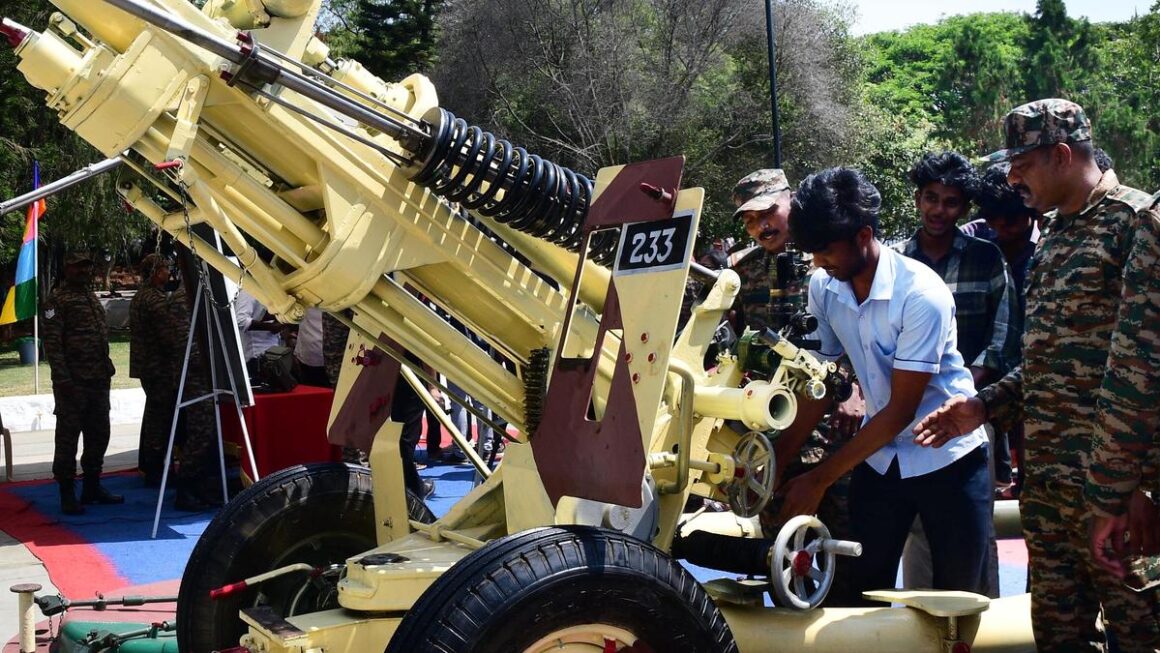The Ministry of Defence has allocated more than ₹300 crore through its Technology Development Fund (TDF) to establish an ecosystem aimed at bolstering capabilities in cutting-edge technology and promoting ‘Aatmanirbharta’ (self-reliance) in defence, according to an official statement released on Thursday, July 4, 2024.
The Technology Development Fund (TDF) scheme stands as a flagship initiative of the Ministry of Defence, executed by DRDO under the ‘Make in India’ framework. This program aims to provide grants-in-aid to Indian industries, including MSMEs (Micro, Small & Medium Enterprises) and startups, as well as academic and scientific institutions. These funds are intended to facilitate the development of defence and dual-use technologies that are presently unavailable within the Indian defence industry.
With these initiatives, the Ministry seeks to actively involve private industries, particularly MSMEs and startups, in fostering a culture of design and development in military technology. The scheme supports these entities with grants-in-aid, aiming to enhance the capacity and capability of Indian industries for the design and development of defence technologies within the country. The overarching goal is to establish a robust research and development (R&D) ecosystem where industry and academia collaborate to meet the present and future needs of the Armed Forces and the defence sector. Ultimately, the government aims to achieve self-reliance in defence technology by fortifying the defence manufacturing ecosystem in the country.
In a related development, the Defence Ministry recently highlighted the successes of various startups that have benefited from the TDF scheme. For instance, Combat Robotics, a startup based in Pune, has leveraged the scheme to develop an innovative simulator for unmanned vehicles. This simulator supports a range of unmanned systems, including ground vehicles, underwater vehicles, surface vehicles, and aerial vehicles. This development tool is instrumental for agencies engaged in autonomous systems research and development.
Another notable example is ChiStats Labs Private Limited, also based in Pune, which is working on virtual sensors for monitoring the health of aero gas turbine engines. Utilizing advanced artificial intelligence and machine learning technologies, this initiative aims to enhance the operational reliability and lifespan of these engines, thereby bolstering defence capabilities.
Additionally, NewSpace Research and Technologies Pvt. Ltd., headquartered in Bengaluru, has made significant strides with its project titled ‘Autonomous Drone as First Responder for Search and Report Operations in Enclosed/Indoor Environments’. This cutting-edge UAV (Unmanned Aerial Vehicle) is designed to navigate indoor environments under challenging conditions, including zero visibility. The project, developed under the mentorship of CAIR, Bengaluru, promises diverse applications such as search and rescue operations, surveillance, industrial inspections, environmental monitoring, and exploration of hazardous environments. These advancements contribute significantly to the evolution of unmanned aerial systems and technological innovation in the defence sector.










